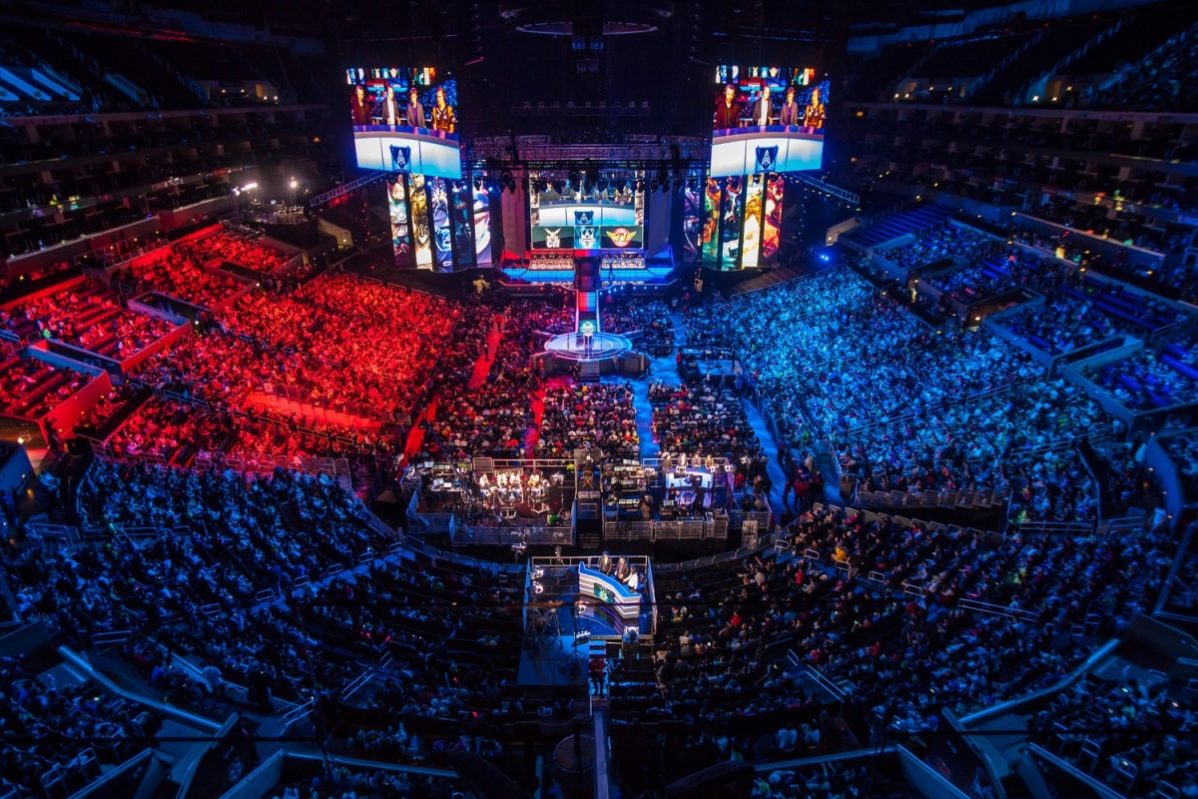Charley Dutil
(CUP)—OTTAWA In the early 2000s, extreme sports such as the X Games, Red Bull Crashed Ice, and motocross races became mainstream with the advent of big corporate sponsorship of live television events.
In the 2010s, the beginnings of online gaming and social media platforms dedicated to streaming competitive gaming, known as esports, have led to a new moneymaker for thousands of people.
With the potential of being one of the biggest “sports” categories on earth due to its wide appeal and its international audience, esports have risen from online player communities to events sponsored by corporations in the same way extreme sports gained traction in the early 2000s.
University of Ottawa human kinetics professor Eric MacIntosh highlighted the significance of esports for the players.
“For many, it’s their full-time job. These events sell out fairly big venues and make money from broadcasting, merch, and sponsorships,” MacIntosh said.
In the first decade of esports, many have risen to Internet stardom over the span of weeks to become household names on YouTube, Twitch, and even traditional sports media platforms such as ESPN and Sportsnet.
With competitions all over the world and featuring many different games, in the last five years esports have become an extremely profitable industry, bringing in revenues of more than US$900 million US in 2018 alone.
In 2018, analysis from Statista.com estimates that over 380 million people will have tuned in to an esport event by 2021, and that number could reach over 550 million.
“Broadcasting these event is great for the players, since it’s a free opportunity to promote themselves and their brand on national television,” MacIntosh said.
With this in mind, Statista also estimates that by 2021, esports could bring in more than $1.6 billion. However, this is still low if we consider that, in 2018, the NHL alone makes more than $4 billion in annual revenues.
In contrast to traditional sports, there is no centralized esport league. Players make money through sponsorships, donations from fans, and tournament prize pools. Tournaments are organized around a certain video game, such as League of Legends, DOTA 2, Call of Duty, Counter-Strike: Global Offensive, and Heroes of the Storm.
XY Gaming estimated that the prize pool for those games in 2017 was over $100 million.
On the Canadian side of things, gamers might remember EA and Sportsnet’s joint venture with international partners NBC Sports and ViaSat hockey to broadcast an NHL 18 esport tournament with a prize of $50,000.
Of course, this was a small tournament compared to international League Of Legends tournaments. Nevertheless, EA and Sportsnet’s call to sign up for the tournament in early 2018 made waves among Canadian hockey fans and gamers to have their chances to be winners.
On whether esports are “sports” per se, MacIntosh has a positive interpretation.
“I personally think so. You need a skill set that’s not all that different from traditional sports; you need to be good at predicting your competitors’ next move,” MacIntosh said. “We also see increases in the players’ heartbeat and blood pressure. It is true that there is no physical action, but neither does racing, and that’s considered a sport.”
The Student Association of George Brown College, which funds The Dialog, has a number of gaming clubs such as the Games Club, Gamer’s Guild, League of Legends Club, and the International Game Developers Association that students can join.


